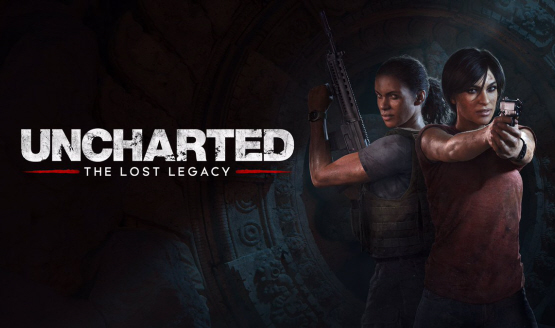One of the first video games that I really fell in love with was the original Half-Life. Valve Corporation’s first-person shooter blew me away with its fantastic artificial intelligence, and I ended up exploring every inch of the Black Mesa Research Facility. It took six years for an equally stellar sequel to be made, but thankfully I didn’t have to wait nearly as long to get more of the action I craved.
I only had to wait one year to experience more Half-Life due to Gearbox Software developing an expansion called Opposing Force. This title showed the events of the first game from a different perspective, as I was no longer playing as Gordon Freeman, but a U.S. Marine that was viewed as an enemy in the original game. It did just enough different to provide a fascinating and fresh take on something I had largely seen before (especially since very little changed from a gameplay perspective).
Back in the late 1990s and early 2000s, it wasn’t uncommon for these types of expansions to come out for popular titles (Half-Life even ended up receiving two additional ones called Blue Shift and Decay). These types of sizable expansions eventually fell out of favor, as yearly sequels became a regular occurrence and it became more feasible to ship smaller pieces of content as DLC. That seems to be changing, though, as one of gaming’s biggest franchises is set to release a physical-based expansion.
Enter Uncharted
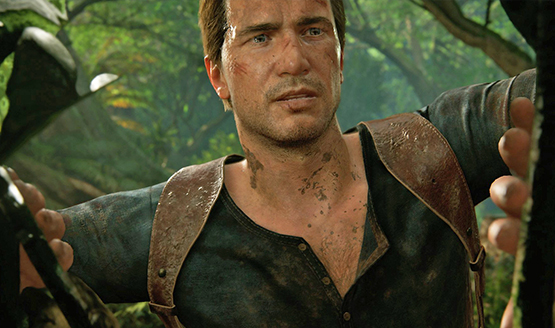
Upon completing Uncharted 4, I felt like I was ready to never go on another adventure with Nathan Drake again. His story had been excellently told, but his arc was completed and I had grown tired of the series’ repetitive gameplay. Much to my surprise, a few months later Sony showed off a trailer for yet another Uncharted title, and I found myself getting excited.
That’s because Uncharted: The Lost Legacy gives the chance for the series to do something new with its recognizable branding. The short demo that was shown at the 2016 PlayStation Experience wasn’t filled with any shootouts. Instead, it showed off some new mechanics (lockpicking), and put a new focus on stealth. In fact, if it wasn’t for some strange wall touching (does anyone actually walk like that?) and familiar looking hand-to-hand combat, I would’ve never guessed it was an Uncharted game.
Uncharted: The Lost Legacy gives Naughty Dog a chance to do something new with Uncharted. A chance for the series to show that it can be more than just Nate’s misadventures, and that there are other stories to be told in their universe that is already filled with beloved characters. It’s an exciting prospect for both people that loved Uncharted 4: A Thief’s End, and people like me who felt like they had to force themselves through the game in order to experience the well-told story.
Other Recent Examples
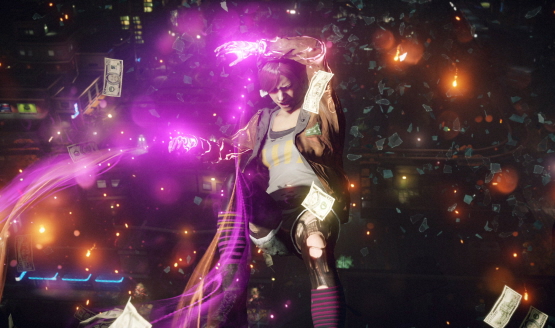
While Uncharted: The Lost Legacy is certainly the most high-profile example of a recent standalone expansion, it’s following a trend that recently started to emerge amongst the industry. In fact, Sony helped bolster its first-party lineup on PlayStation 4 by previously putting out Infamous: First Light, a standalone expansion built upon Sucker Punch Productions’ Infamous: Second Son. First Light was a great example of an expansion done right, as it explored the backstory of one of the game’s most beloved characters, and delivered more of the already top-notch gameplay that fans expected.
Similar to how Uncharted: The Lost Legacy started off as being downloadable content, Wolfenstein: The Old Blood was meant to be two separate pieces of DLC. During development, Bethesda decided to further flesh out the missions and packaged it into a standalone expansion. This set of missions showed one of the major advantages of an expansion pack: developers can do something different and off the beaten path. As such, The Old Blood was able to focus on stealth, and even add zombies into the established Wolfenstein mix. Whether or not these additions were positive ones will come down to personal preference (I vastly preferred The New Order), but it’s still nice to see something new being introduced.
Another trend that has come into its own is that DLC is increasingly being released as standalone titles. This has allowed gamers that may have sold the original games to still experience fantastic add-ons like Assassin’s Creed: Freedom Cry and The Last of Us: Left Behind. This release strategy is advantageous on a number of levels, as it can also offer a lower-priced alternative for players that are interested in the full game, yet aren’t ready to spend as much money to purchase it.
Why It Makes Sense
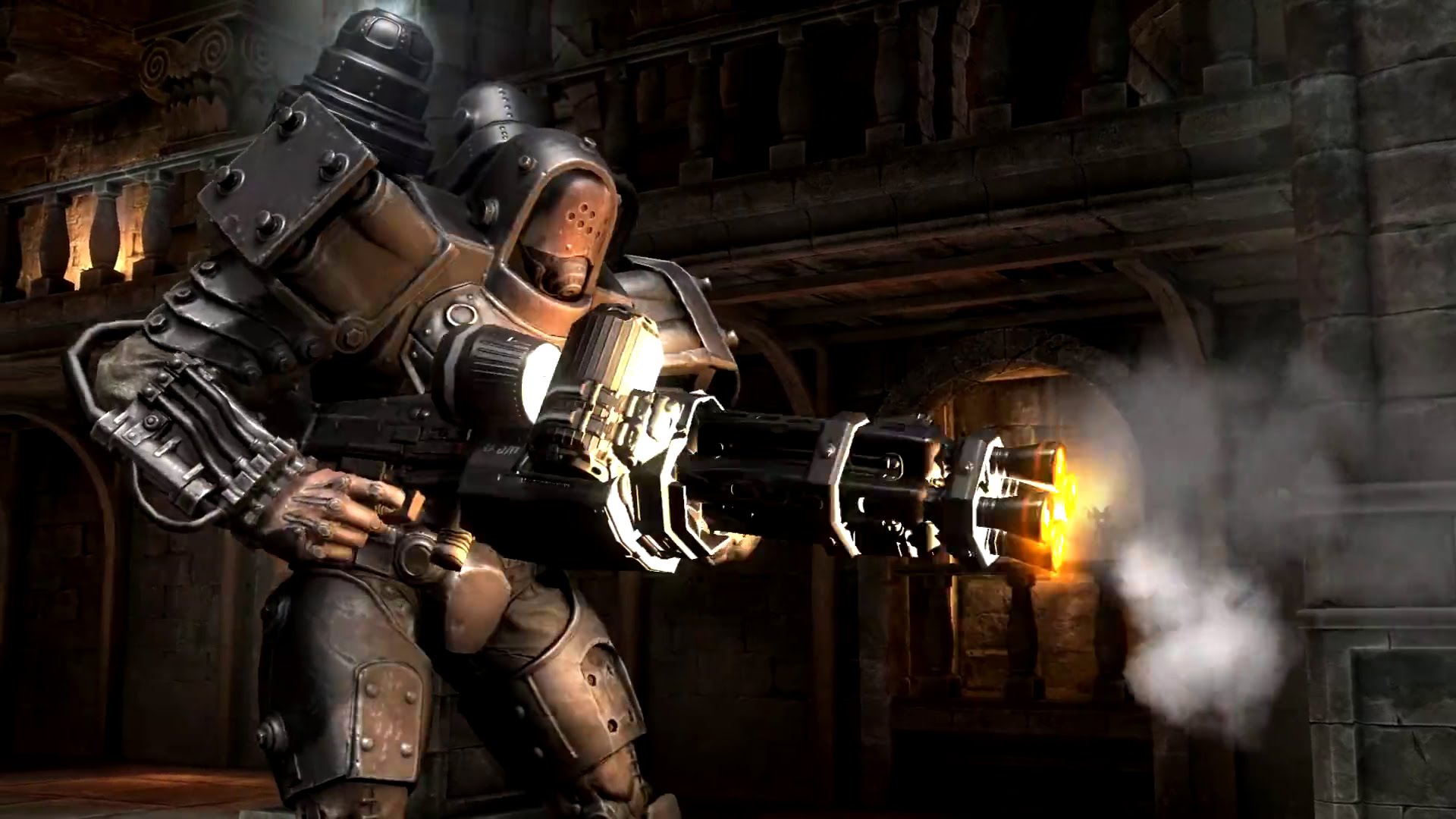
There are several major reasons why it makes sense that expansions are making a comeback. The biggest one is that video games cost a lot of money to make. The combination of AAA titles being more expensive than ever to produce, and games being rapidly devalued is not a good one. Companies are now forced to monetize creatively if they are to make a healthy profit.
That’s exactly where expansions come in. Since developers are working with a pre-existing base that already runs well and has plenty of assets, they are able to produce a second title in a much quicker (and less costly) turnaround. That can obviously change with the scope of the project (for example, The Lost Legacy looks to have plenty of new assets), but it’s not as if the team is working from scratch.
Expansions are also being sold to a preexisting market that is already proven to be there. It doesn’t run the risk of flopping, it keeps the series relevant by once again getting shelf space, and can ideally help fund more games down the line (which is important since publishers can’t always look to remasters for guaranteed revenue). Publishers can also use these expansions to help groom studios for future projects, and see if a team is ready to handle a larger title. This was exactly the case with Assassin’s Creed IV: Black Flag‘s expansion Freedom Cry, which was successful enough for Ubisoft to allow the team of Ubisoft Québec to work on Assassin’s Creed Syndicate.
Pivotal Release
Uncharted: The Lost Legacy will be an important test case. If it proves to be successful, which it very well should be, it could usher in a new wave of expansions. If done correctly, this could mark a major change in the industry. No longer would yearly sequels have to be rushed to release, as smaller expansions could be used to sate the appetite of consumers. Only time will tell, but Chloe’s latest adventure could have a long-lasting impact.
Essential Reading:
- Everything Wrong With Uncharted 4
- Top 5 Things Sony Needs to Do to Rule 2017
- Are Sequels, Publishers Or a Crowded Calendar to Blame for 2016’s Video Game Disappointments?
10 PS4 Sequels That Could Fulfill Untapped Potential
-
PS4 Sequels That Could Fulfill Untapped Potential
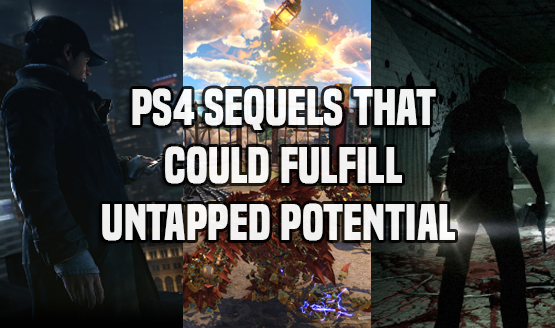
-
Knack
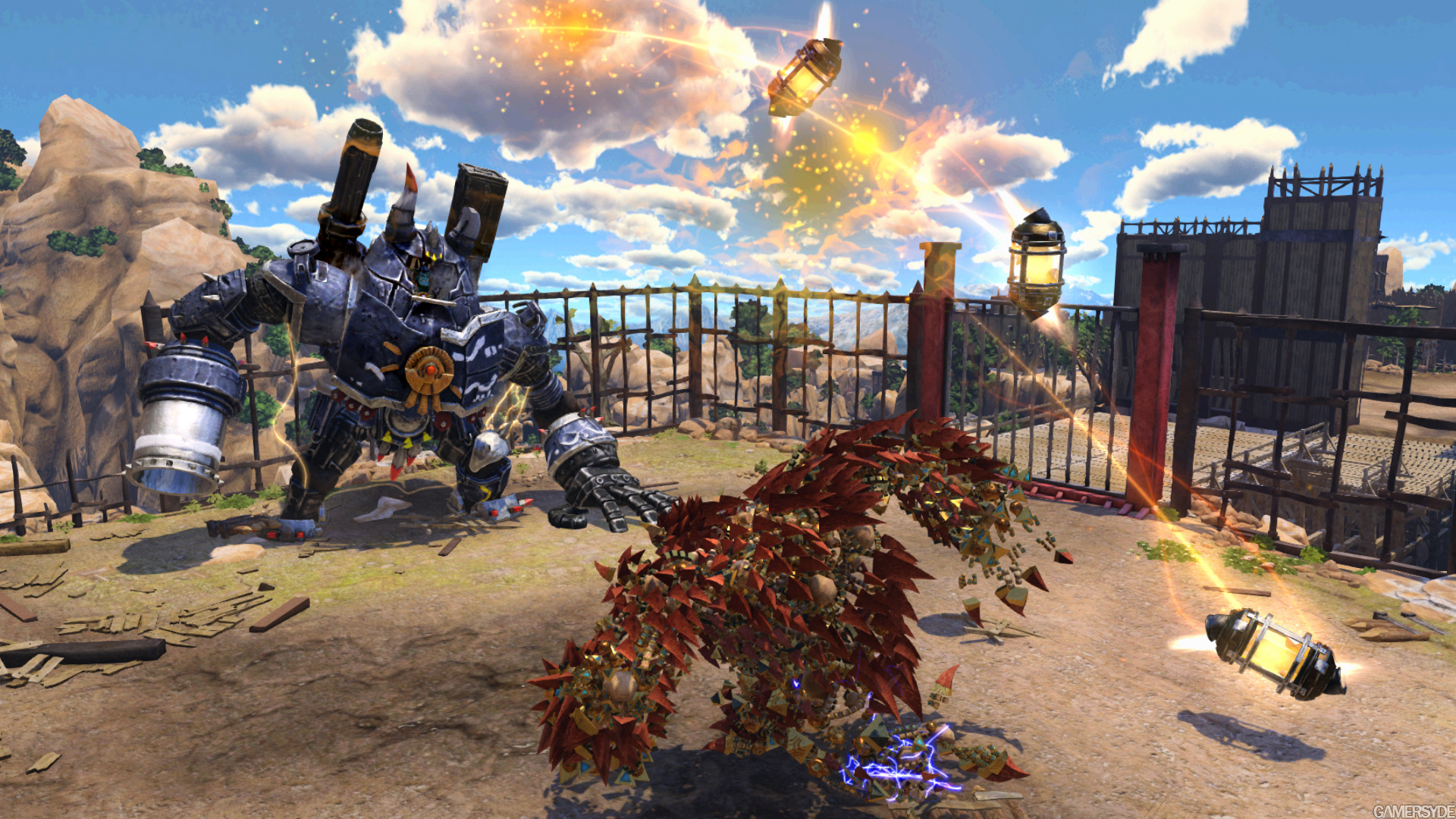
Knack's not a bad game. No, seriously. Knack was a heavily flawed attempt at an action platformer that leaned way too much into a brawler (as its gameplay is almost scarily similar to God of War). Focus more on jumping and traversal, and there really could be something great here. I'm not ready to give up on Knack, and neither should you!
-
Destiny

It definitely seems like Bungie has learned a lot from Destiny, as The Taken King was a huge step forward. It's still not all the way there, though. The gunplay is so sensational, and the world is so interesting, that it's hard not to be frustrated with the rest of the experience. It'd be impossible to completely fix the current game, but it could definitely be done in a sequel. One that is certainly inevitable considering what a success Destiny has been.
-
The Wolf Among Us
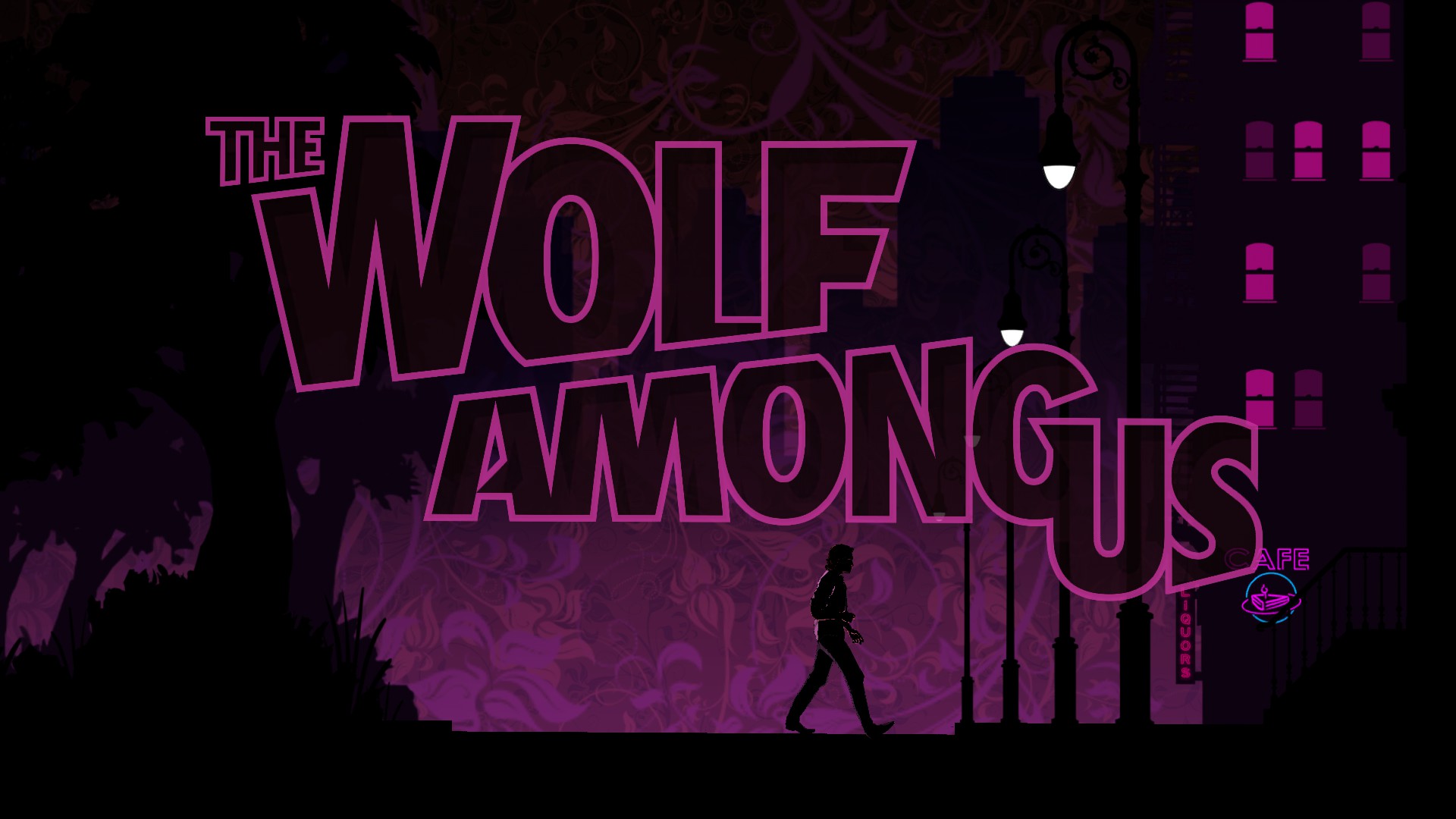
Telltale Games did such a great job with The Wolf Among Us, but they really only scratched the surface of what they could do with the Fables license. There's a lot of different characters yet to be explored, and Bigby's adventure is one the developer should go back to. They would have to make sure episodes are released regularly, as the infrequent release schedule of the original really hurt the overall interest in it.
-
Watch Dogs
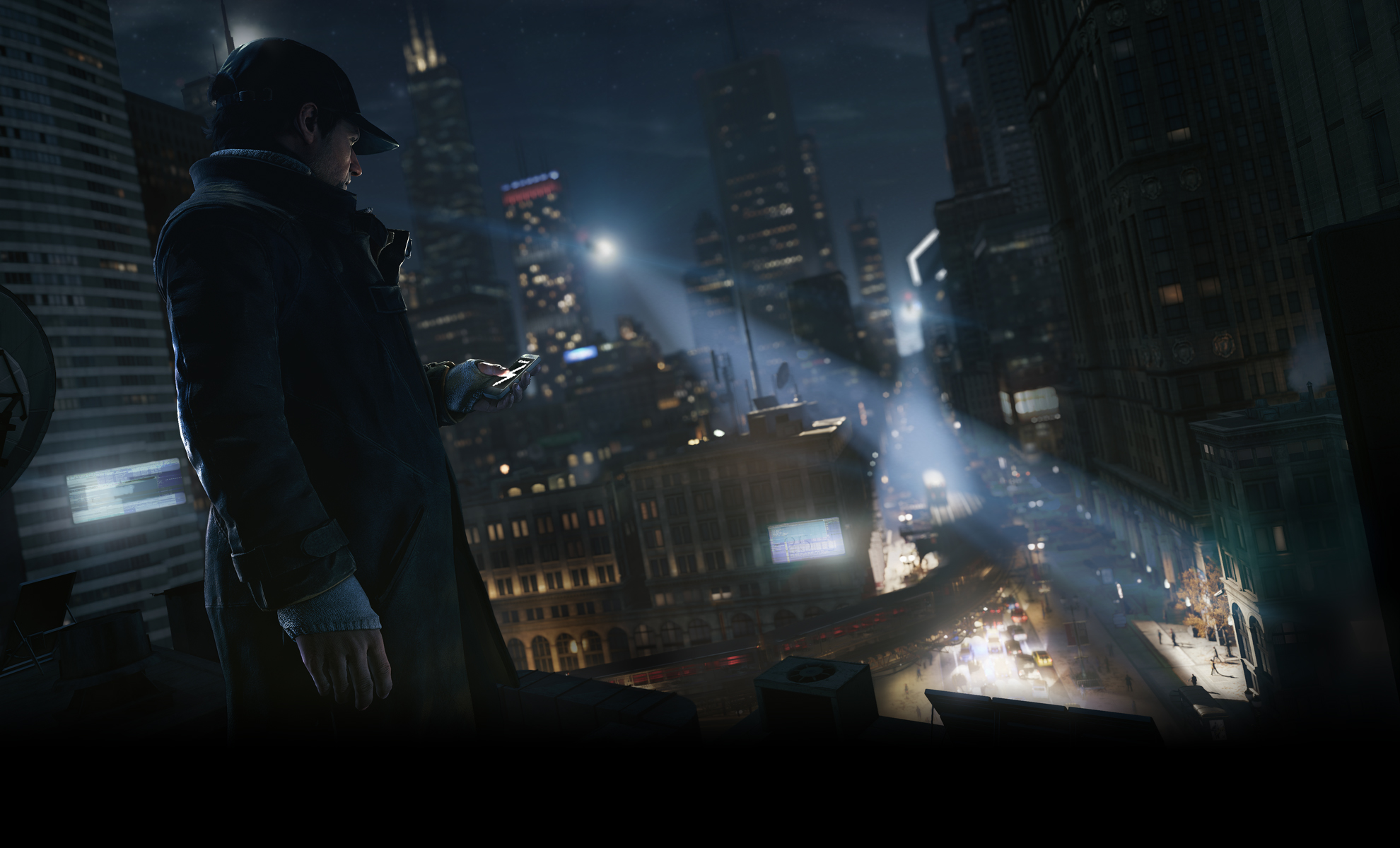
While some gamers may have a sour taste left in their mouths from Watch Dogs, there's no denying that Ubisoft had a great idea for a game. The core concept of being able to hack different pieces of technology is awesome, and it's why the game drummed up so much interest in the first place. A sequel could keep that same premise, while also introducing a likable protagonist (although Ubisoft seems to have a hard time creating those lately), and refined hacking that feels fun and not a chore. Oh, and get rid of the open-world towers. Please.
-
Evolve
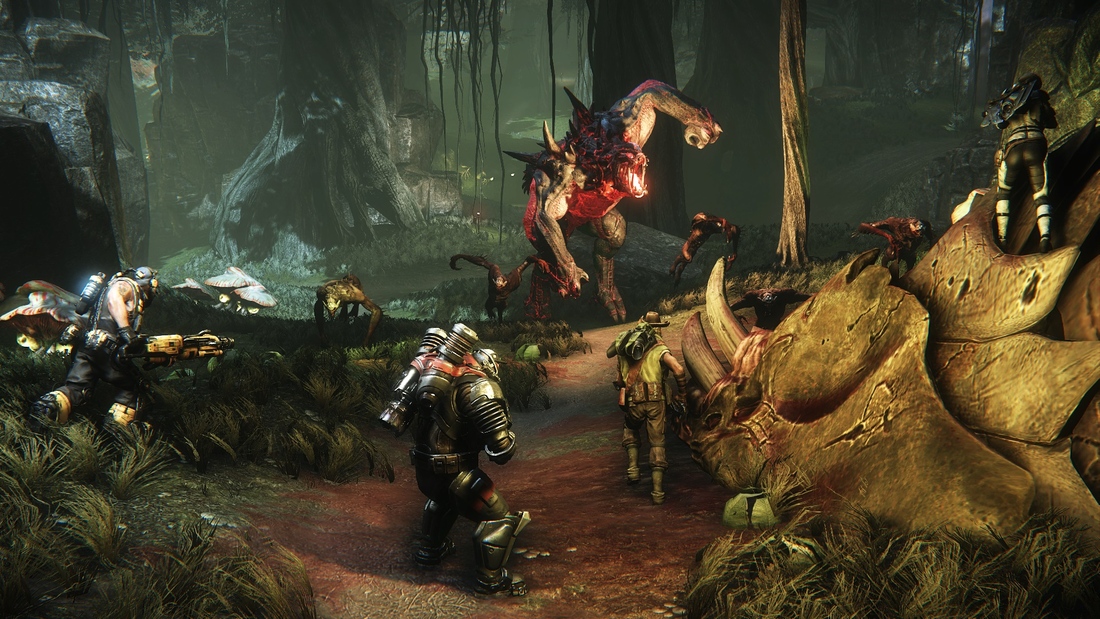
A terrible eSports focused marketing strategy and a shocking amount of day-one DLC really put a bullet into Evolve right when it came out. That's a real shame, as when you're playing with a full team that is communicating and working together there's really nothing else quite as satisfying. A sequel, if advertised properly, could build upon great gameplay, and maybe copy a bit more of what made Turtle Rock's Left 4 Dead such a success.
-
Doki-Doki Universe
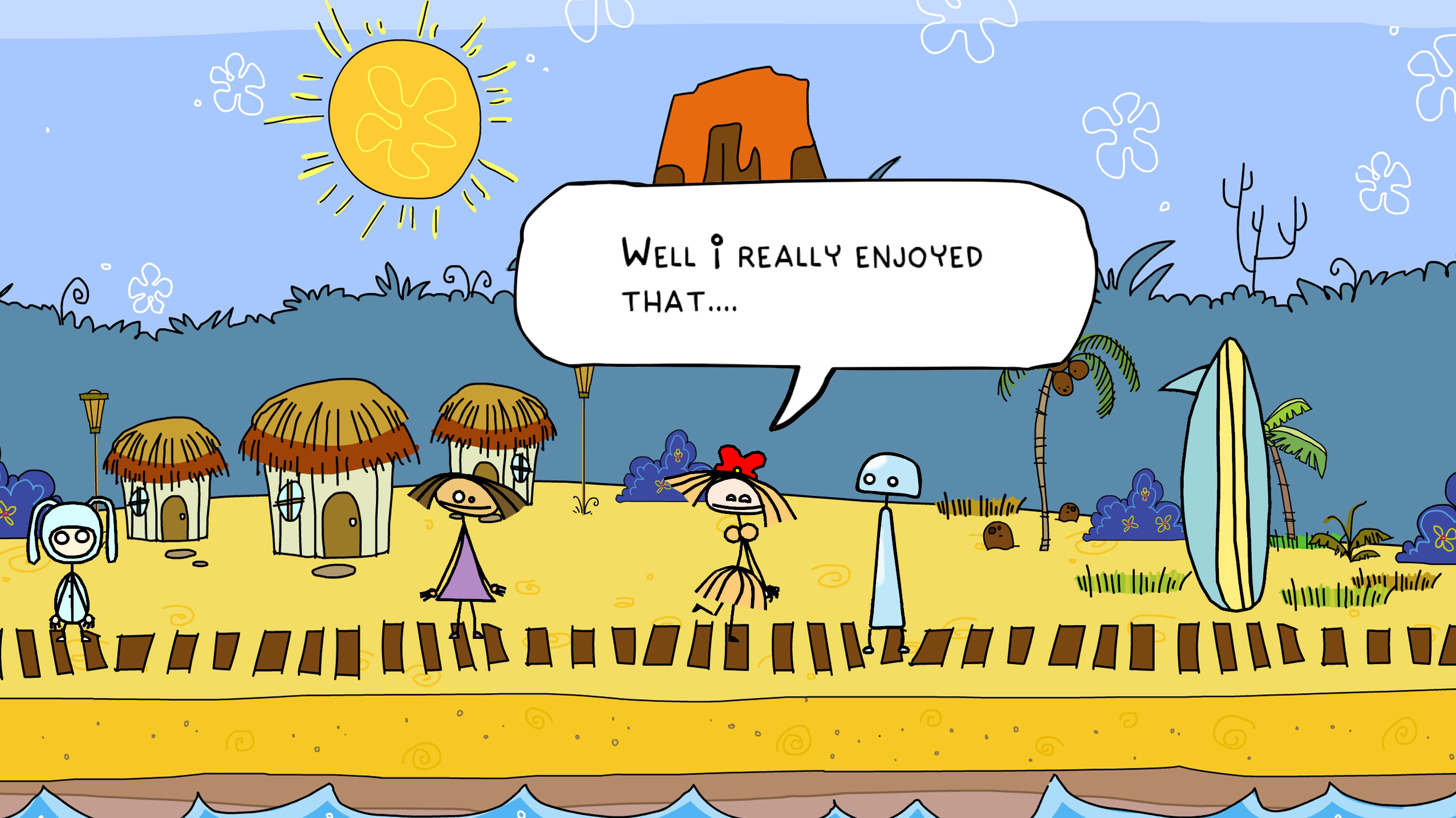
Don't panic, HumaNature Studios' Doki-Doki Universe is one of the most unique games on PlayStation 4. Blending together an adventure game and an interactive personality test, the game is brimming with charm and general weirdness. A few things kept it from maximizing its potential, though, including a poor sense of progression, and repetition.
-
The Evil Within
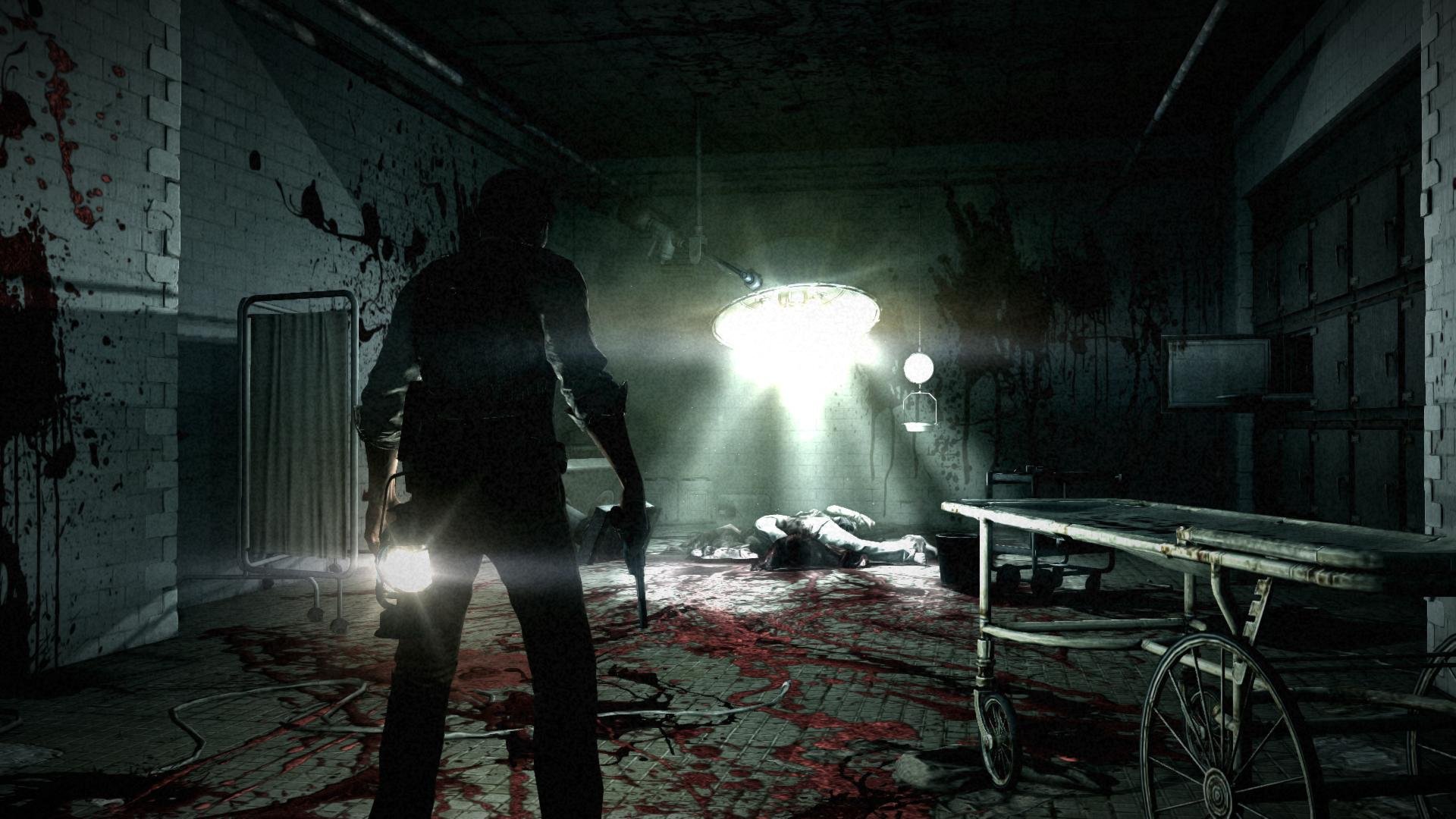
Director Shinji Mikami is a living legend, and has been instrumental in creating some of the greatest games ever made. He's also the mind behind The Evil Within which ended up being a huge disappointment. If anything, it did show that there's still fans looking for a great survival horror game, and one misstep can't undo the decades of great games from Mikami. A sequel could be something special now that Tango Gameworks has more experience under their belt.
-
The Swindle
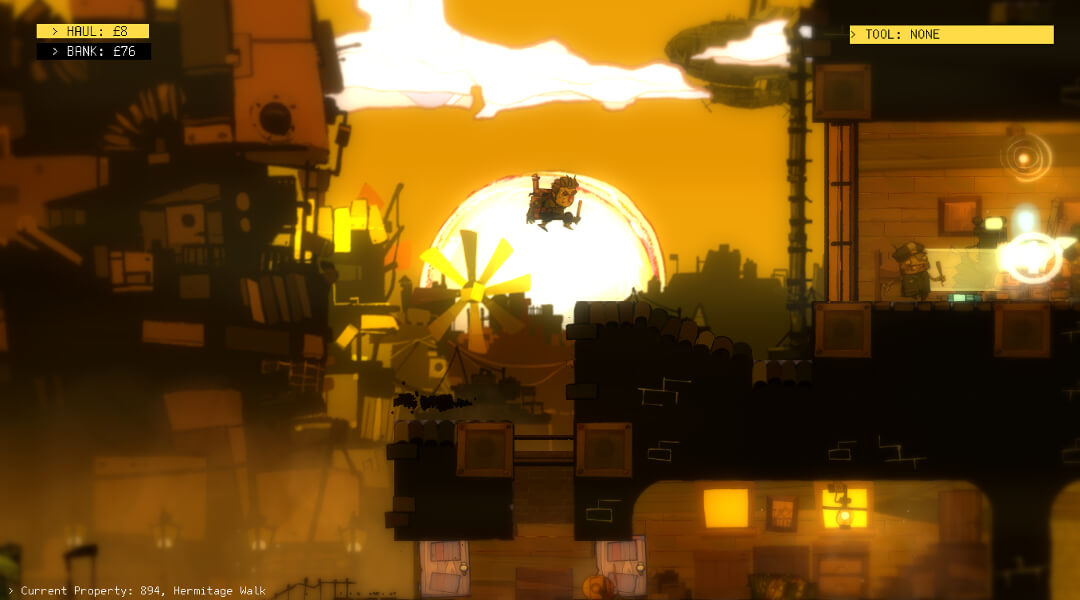
The Swindle is a really good game that's a few tweaks away from being amazing. Basically a stealth version of Spelunky, it has all of the hooks that make other roguelikes so addictive. Unfortunately, the game had some issues early on with procedurally generated levels, and later levels almost felt unfair. There's plenty of small things that could be enhanced in a sequel, and I'd love to see Size Five wow gamers with it.
-
Unravel
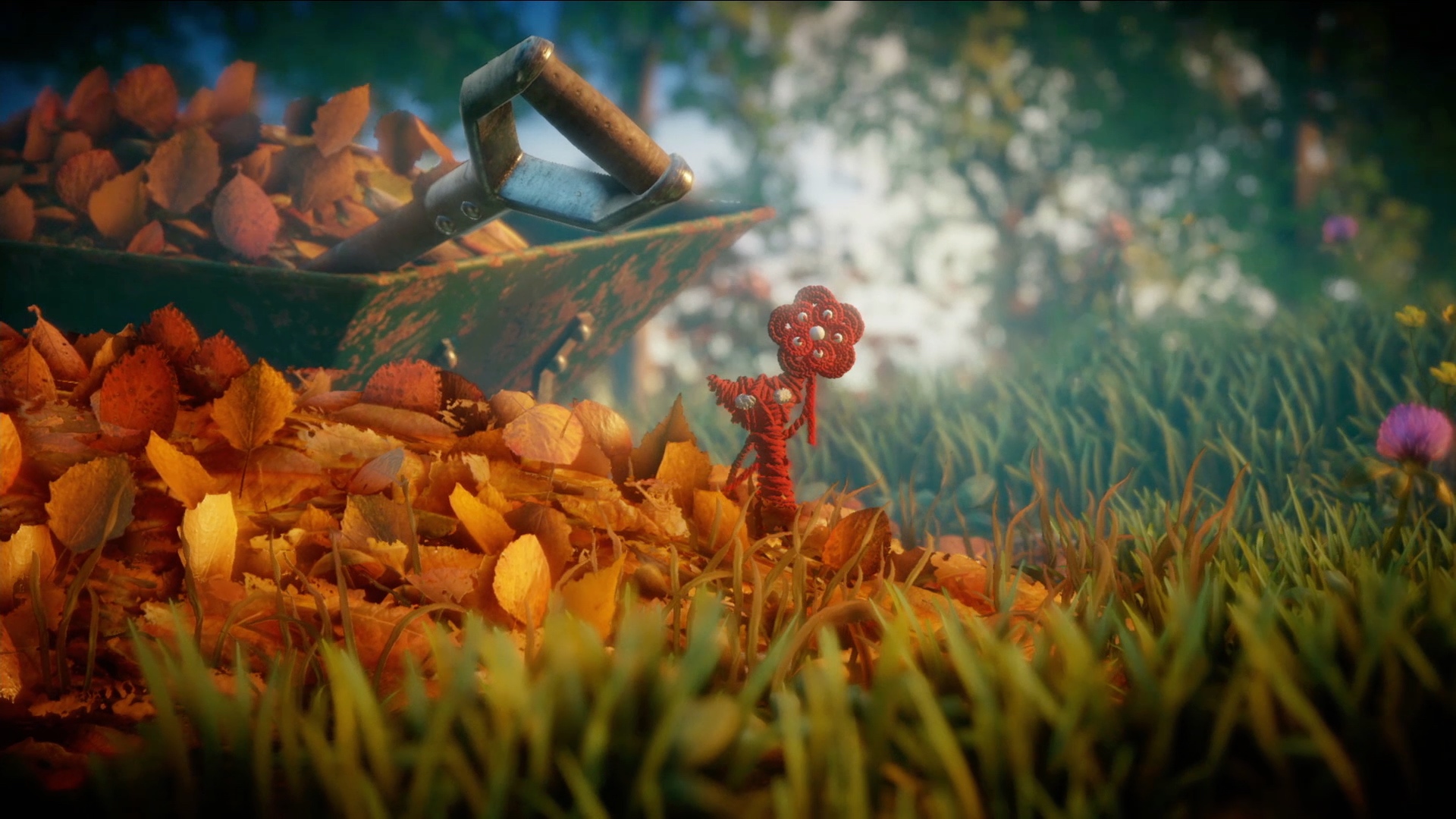
Unravel won over the hearts of many gamers immediately upon its unveil. The EA-published title is amazingly gorgeous, and it's a shame that the gameplay didn't match its visual prowess. Thankfully, a sequel is in the works and hopefully the second time around will let Yarny truly shine.
-
The Order 1886

If one game on this list needs a sequel, it's The Order 1886. Not only does it end just as its plot is getting interesting, there's also a solid framework to build off of. While the original game wasn't anything more than a really pretty third-person shooter with average gunplay, there's still a chance for this series to be something special. It'd also be nice if the sequel could even run full-screen, but beggars can't be choosers.
